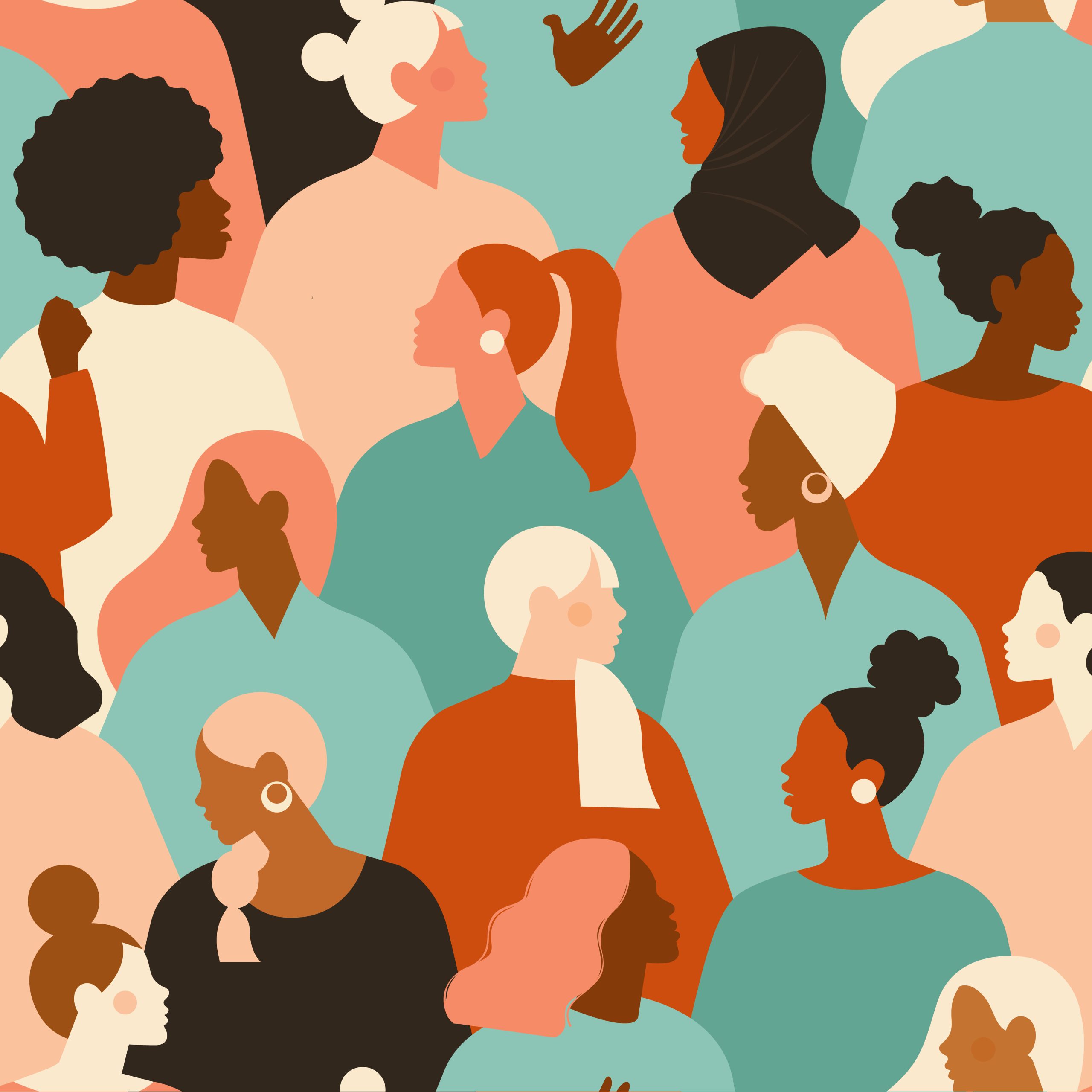- WLOs, WROs and feminist organisations exist and operate successfully because they are part of communities, and inclusive of those people affected by crises. They have legitimacy and credibility and are accepted by and accessible to the community, making them extremely well placed to respond to crises in the way they do.
- In the absence of an international response, WLOs and WROs are ever-present already working on the ground and are well positioned to be first responders in a crisis. These organisations attempt to meet people’s basic needs such as food, water, safety, shelter, and psychosocial support, often at rapid speed, whether they are funded to do so or not. These organisations form a connective tissue that can transcend crisis through both resilience and being prepared to work across all sectors, responding to all needs and groups of people.
- WLO and WRO leadership, and participation in decision-making spaces are critical for encouraging the increase of donor and government partnerships with WLOs and WROs, and delivering humanitarian support through locally led efforts.
- While women of different generations and levels of experience are taking leadership roles locally – often volunteering, working on the front line and in danger – many do not consider themselves to be leaders, and neither is it seen as leadership through a humanitarian lens. Women’s leadership, much like women’s unpaid and underpaid work in homes and communities, becomes normalised and invisible.
- In the ecosystem of responding to crises, WLOs and WROs efforts can be undermined as barriers to accessing humanitarian funds are multiple and severe. They include lack of capacity and lack of opportunity to apply for funds, and lack of financial support to attend decision-making meetings even when invited.
“Responses are led by courageous women on the ground, often supported by people in the diaspora.”
- Capacity building efforts that take place to strengthen WLOs and WROs ability to enter the humanitarian system are mainly run by INGOs, and in the words of one WLO participant, “teach us how to do their work”. This northern-centric model does not sufficiently accommodate or value local knowledge and power in the community.
“Normative understandings of public private divide play out just as much in the humanitarian sector as in other parts of life.”
- Often women are only invited to contribute to discussions when the focus is on gender-based violence (GBV). Yet WLOs and WROs work across holistic and multi-sectoral issues and are experts in the political and economic realities in which they live. Women know and can speak about health, water, displacement, peace, development and more, and are often strong mediators and negotiators, sometimes with armed actors. However, WLOs, WROs, and LGBTQI+ organisations are often expected to look and perform in a certain way, justifying their presence at the table.
“Within 24 hours, we were supporting people and most big NGOs did not do that.”
